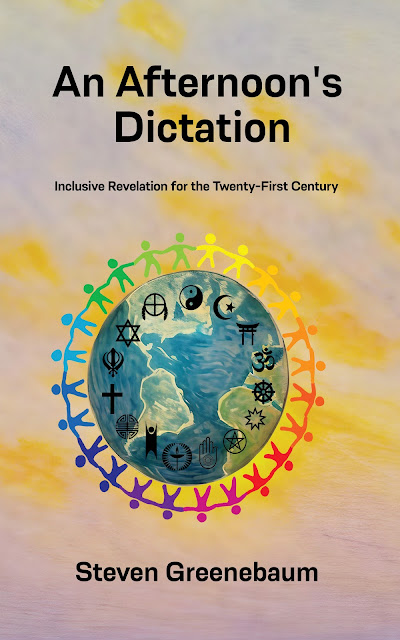The Significance of Parity: When Christianity and Islam Stand Equal in Number

For most of recorded history, Christianity has been the world’s largest religious tradition. Islam has been the second. That hierarchy has shaped geopolitics, culture, identity, and even the emotional vocabulary of the modern world. But according to long‑range demographic projections from the Pew Research Center, that era is ending. By 2050, if current trends continue, Muslims will nearly equal Christians in number worldwide . This is not a story about conversion waves or ideological triumph. It’s a story about fertility rates, age structures, and geography — the quiet engines of demographic change. Muslim-majority populations are, on average, younger and have more children. Christian populations, especially in Europe and North America, are older and shrinking. Meanwhile, Christianity’s center of gravity is shifting southward, with sub‑Saharan Africa becoming home to a rapidly growing share of the world’s Christians. Islam, too, is expanding in Africa and maintaining strong grow...


